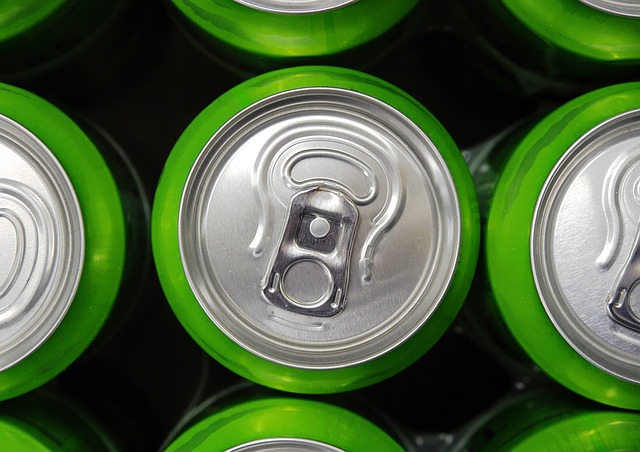Harvard: Soda Tax Would Lead to Healthier Citizens

In the past few weeks, you’ve undoubtedly heard a lot of furor over Mayor Jim Kenney’s proposed “soda tax.” The tax would be three cents per ounce on all sugary drinks, including soda, sports drinks, sweet teas, and others. It was praised by Hillary Clinton and derided by Bernie Sanders. It seems like everyone has an opinion on the soda tax. A new study, however, has weighed in heavily on the side of the tax, stating that it would lead to healthier citizens and decrease the incidence of obesity and Type 2 diabetes.

Mayor Kenney’s soda tax could have major positive implications for the city’s health.
Harvard University’s CHOICES program found that the soda tax would do great things, namely “increase healthy life years and save more in future health care costs than it costs to implement.” It determined that 36,000 fewer Philadelphians would be obese by the end of 2025 if the tax were to be put into effect. Additionally, 730 deaths could be held off. When the tax reached its full effect, over 2,200 new cases of Type 2 diabetes each year could be prevented. Over a ten-year period, Philadelphians’ healthcare cost savings could top $200 million.
To determine how Philadelphia would fare with a soda tax, CHOICES investigated Census data that modeled a one-cent soda tax across America. Data was retrieved from respected sources including NHANES, American Community Survey and Behavioral Risk Factor Surveillance System to “simulate the experience of the Philadelphia population from 2015 to 2025.”
This is the first study to look at the health implications of the soda tax. Mayor Kenney has chosen so far not to focus much on that aspect of it, choosing instead to dwell on the fact that the income from the soda tax would fund universal pre-kindergarten education and fill other holes in the city budget.



